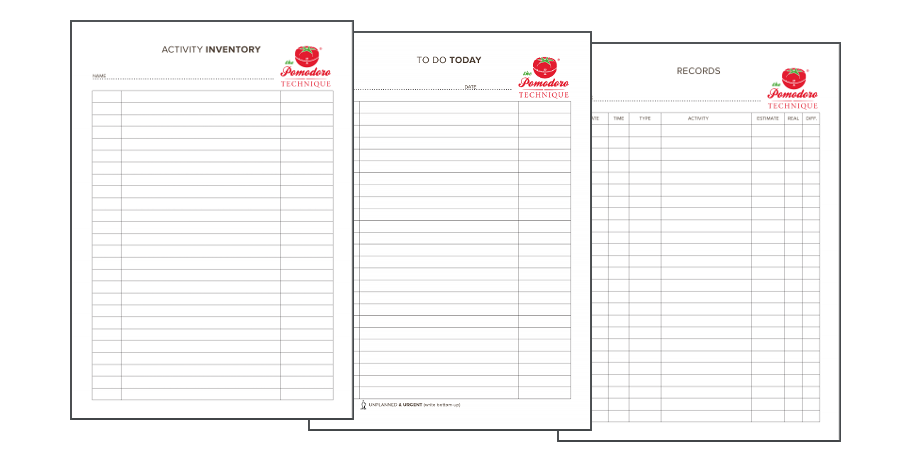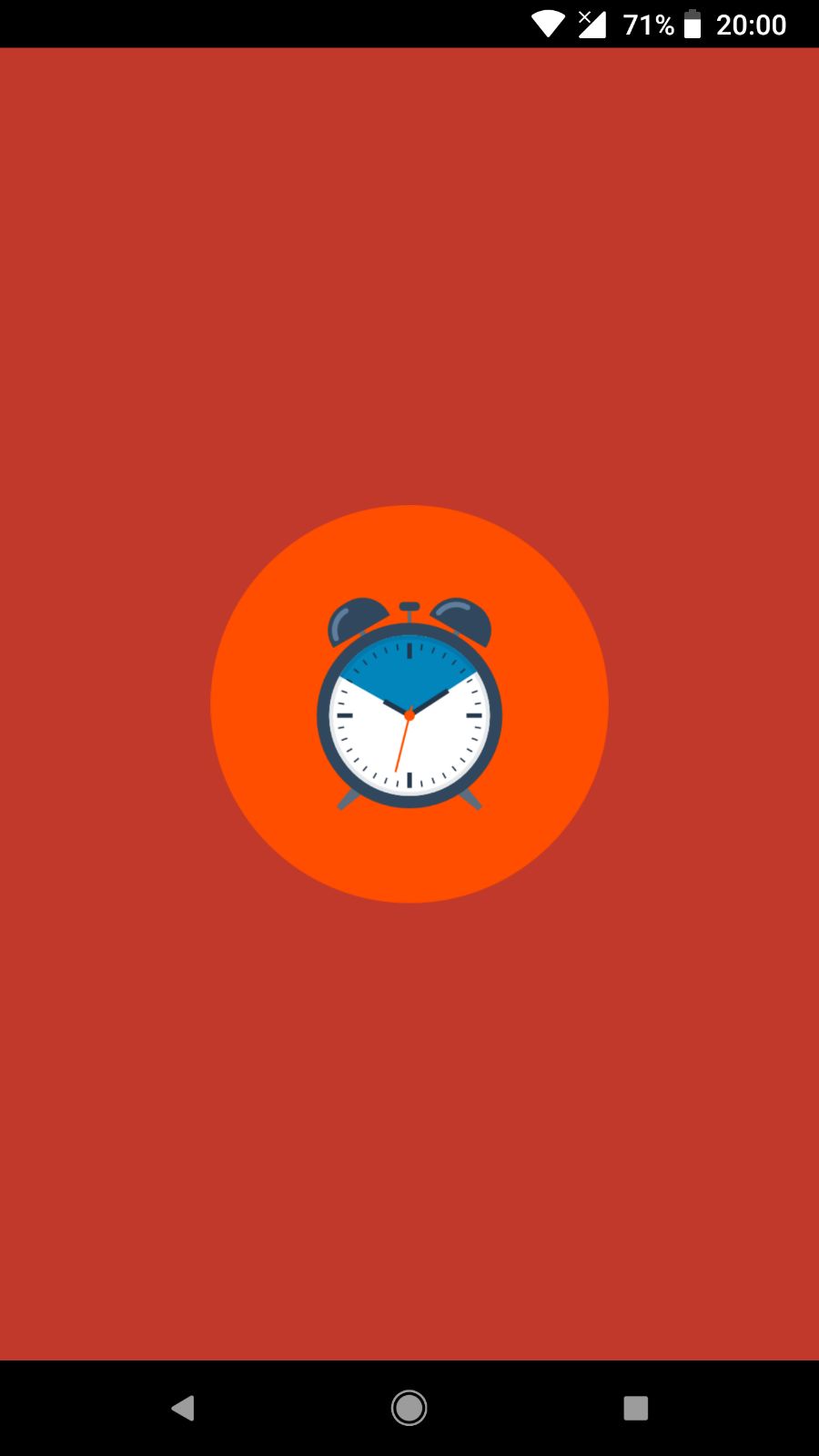
Your body’s energy naturally rises and falls throughout the day, making it easier to be productive at some points and harder at others. You may even want to experiment with 60-70 minute work sessions followed by a 20-30 minute break to ensure that you work in line with your ultradian rhythms. You might do better with longer work and break times. If it takes you awhile to settle down your brain and get into the zone, 25 minutes might not be long enough for you. Anytime you want to do something other than work, you simply say to yourself, “Not until the timer rings.”įeel free to experiment with different amounts of time for your pomodoros. Repeatedly working in timed sessions might seem restrictive, but it actually turns out to be quite freeing.

To my mind’s perpetual, child-in-the-back-seat questioning (Can we get up yet? Can we get up yet?), I had finally discovered a stern answer: ‘‘Has the timer run down? Then, no, we can’t.’’ To be exactly 43 minutes from my next break - a break that would itself be of a discrete length - was, it turned out, vastly more bearable than having to decide over and over whether a particular impulse was worth following, whether a creative impasse was the kind that you ought to surrender to or the kind that you ought to overcome.

After using a variation of the Pomodoro Technique (43 minute sessions instead of 25), he wrote:

Writer Ben Nolnick started using a kitchen timer as a way of forcing himself to be productive. You know exactly where the time went and how you spent it. That doesn’t happen when you consistently use the Pomodoro Technique. If you’re like most people, you probably get to the end of the day and wonder where the time went. Perhaps he is one of the few people who can shut out the endless barrage of notifications and buzzes and dings, but for the rest of us, the Pomodoro Technique can be incredibly helpful. And if somebody can stay focused for no more than 25 minutes I am afraid that he should really rethink the way he works.Īnd while Fusco makes a valid point, he seems to be underestimating just how distracting the world has become. I honestly don't need a pomodoro to keep myself focused for just 25 minutes. I think that, like any other serious professional, I can stay concentrated on what I am doing for hours. Mario Fusco is a critic of the Pomodoro Technique, saying: The Pomodoro Technique forces you to focus and block out potential distractions. You end up getting much less done because your brain is constantly toggling back and forth. Every time you’re distracted, your brain has to expend extra effort to refocus on what you should be doing. The reality is that small distractions add up to big chunks of time wasted and ineffective time management.


 0 kommentar(er)
0 kommentar(er)
